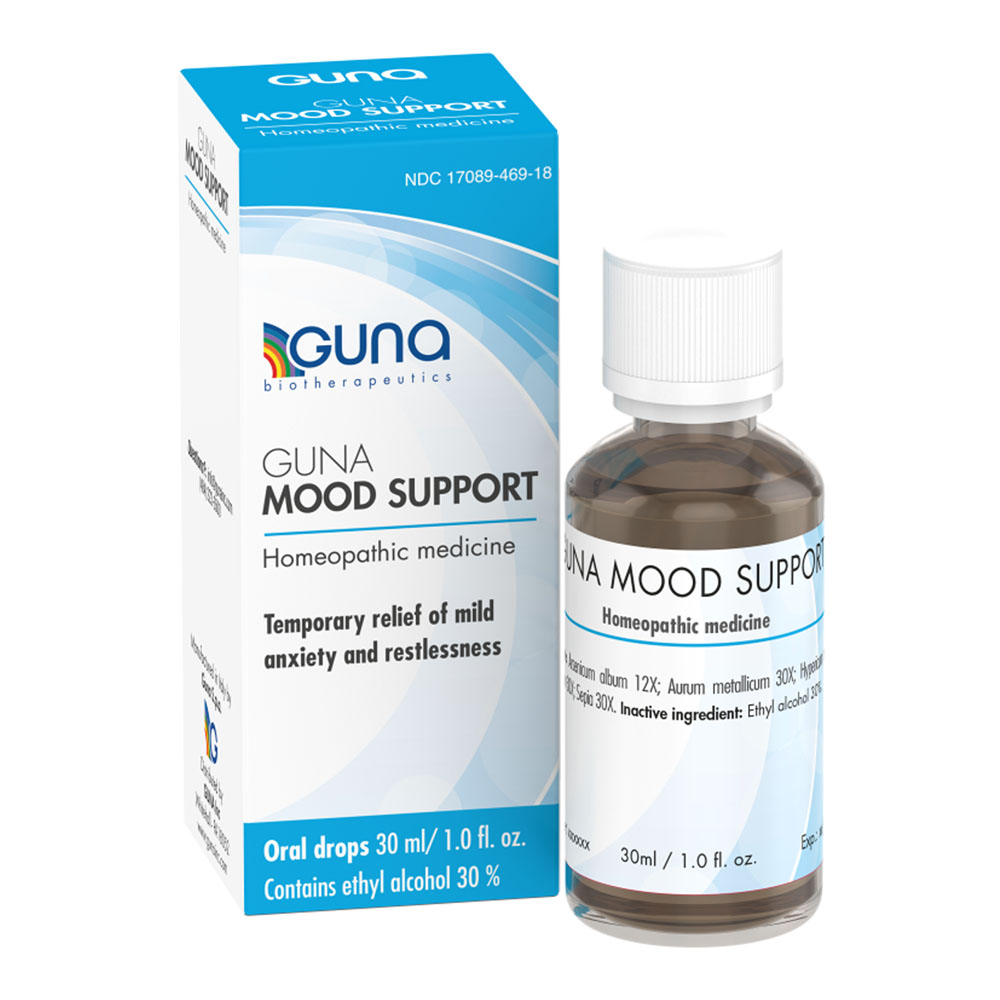Best Tips for Stress Management
Are you feeling stressed? Do you need stress management?
Stress represents the body’s response to the sudden adaptation of a change in external environmental conditions. Such as when seasons change, in cases of intense study/work, and intense continuous physical activity. Indeed, stress itself is not negative, however there may be conditions of physical and mental commitment. This can lead to conditions of continuous stress involving mental and physical fatigue.
When considering ways to relieve stress, we want to explore ways that stress and anxiety affect us in our daily lives.
When working on stress management, how can we face a phase of mental and physical “decline” to reduce stress and fatigue? First, with a healthy diet rich in unprocessed seasonal foods and a balanced lifestyle.
Targeted formulations with vitamins, minerals, plant extracts, antioxidants, and useful supplements for daily nutrition. All of which are capable adjusting stress levels and contributing to the body’s mental and physical wellbeing.
Symptoms of Stress
We often say that we are “stressed” but not all symptoms are easy to be identified. We can sometimes underestimate the problem. While it is difficult to provide an exhaustive list of all the symptoms of stress, it is useful to identify the most frequent. We can identify four categories of stress symptoms as follows:
- physical symptoms: immune system weakening, alteration of the menstrual cycle, headache, back pain, indigestion, muscle tension in the neck and shoulders, digestive difficulties, stomach ache, tachycardia, sweaty hands, extrasystole, agitation, insomnia and difficulty falling asleep, sleep disorders, fatigue, dizziness, loss of appetite, sexual disorders
- behavioral symptoms: teeth grinding, compulsive eating, more frequent alcohol intake, disapproving attitude towards others, overbearing behavior, difficulty completing tasks
- emotional symptoms: tension, anger, nervousness, anxiety, frequent crying, unhappiness, sense of helplessness, predisposition to agitation or to feeling upset
- cognitive symptoms: difficulty thinking clearly, problems in decision making, absent-mindedness, constant concern, loss of sense of humor, lack of creativity
Stress at Work

Photo by SHVETS production
The increasingly hectic rhythm of working often leads to feeling overwhelmed and occupying a large use of resources. This can seriously affect our well-being if prolonged over time. Excessive and prolonged requests over time in the workplace can give rise to “burn-out syndrome”.
The term “burn-out” comes from the English idiom and literally means being burned, exhausted, bursting. The term has been borrowed from sports. It is used to indicate the condition of an athlete. Perhaps after many achievements and despite her/his perfect fitness, can no longer achieve good results.
Burn-out syndrome is a professional disease and sufferers can be called “people burnt out” or exhausted by overwork. The person affected by burn-out syndrome shows some symptoms, including nervousness, insomnia, depression, sense of failure, low self-esteem, indifference, isolation, anger, and resentment. Encountering these symptoms should alert you to put together a stress management strategy.
Is Stress Always Bad?
Depending on how one reacts to stressors and how they are perceived, there are ways to reduce stress by distinguishing a positive form of stress from a negative form of stress. The first form clearly indicates several factors where self-esteem and a balanced emotional state help to turn a negative external factor into a positive one. Relaxation practices and distractions such as recreational activities or sports practices can be helpful too.
Biochemically, we all respond to stressful circumstances, threats, and significant tasks by activating the PNEI chain reaction. Adrenaline is released as a reaction to an external stimulus. It can lead to a series of changes which impact the CNS and its hormones and mediators controlling cardiocirculatory and metabolic functions.
Stress Management Techniques
There are several relaxation techniques along with homeopathic stress relief that helps individuals to turn the aforementioned distress into positive stress. Depending on the mental health and behavioral aspect, a person who is conscious of her/his own mood has an extraordinary resource at her/his disposal, i.e., time.
MEDITATION PRACTICE

Photo by Chevanon Photography
One popular meditation practice is yoga. Yoga meditation should be considered as a relaxation practice of the body and mind. It is aimed at recovering living, through breathing exercises, in a never-ending and timeless present time. It is also more pragmatically focusing on a fixed point to get to the root of a problem.
After all, according to Hindu tradition, Yoga is a means of spiritual realization and salvation. In Western countries it has turned into a mix of physical exercise and breathing techniques. Perhaps losing the ascetic aspect, and acquiring a more material aspect.
NUTRITION AND PHYSICAL ACTIVITY
“Eating well to feel fit” is the dogma par excellence for all those who practice adequate food education. Even in stress management it is essential to associate the right foods with the right activities. It is not utopia to note that very often we try to deal with stress by eating sweets and junk food. Sometimes we are firmly convinced that the foods, we most enjoy could be helpful (actually, these foods are the most harmful).
Foods to avoid: Alcohol and caffeine. While the former gives the illusion of disappearing as soon as it is absorbed by the gut. The latter inhibits serotonin production and makes us more nervous.

It is important to always evaluate the quality profile and the origin of foods. You should choose those with the best freshness and quality profile.
All sports are useful, depending on individual preferences. You can range from running to basketball, from cycling to archery, to fitness, provided that you practice them wisely and enjoy them.
What is Fatigue and Who is Affected by it?
Tiredness is when our body warns our brain that it needs to temporarily switch off. If this happens when the day is over, there is no better stress reliever than deep sleep, if children and neighbors permit it. Rest will make the next day a bright and relaxed day.
If tiredness occurs early in or during the day, it may mean that we did not rest well the previous nights. Perhaps for an evening with friends lasting longer than expected or because of a too stressful working period that has drained all our physical or mental energy.
Even seasons change, especially in autumn and spring. This can involve periods of sudden and unexpected fatigue, which we often do not know how to explain. In these cases, there are 5 golden rules to follow to overcome the change of season.
Nutrition is often one of the main causes of this type of fatigue. Large meals or improvised diets without the help of a nutritionist can lead to a lack of the nutrients. Nutrients necessary for proper body functioning.
When fatigue takes over in the morning, the day can be difficult to get through. A first cause could simply be the quality of sleep of the night just passed perhaps outside your home. Other causes could be due to an unsuitable pillow or to a too rigid or even worn-out mattress.
Or else, we could have affective or emotional problems and maybe we are feeling negative or very uncertain. Emotions often have an impact on our body. They may bring about exhaustion, possibly causing dreams and nightmares that may deeply disturb our sleep.
Tiredness and Headache Upon Waking Up?
What if fatigue appears upon waking up with a headache? It happens that sometimes one night’s rest is not enough. Or, if it happens during the winter, it could be the sign of an upcoming flu.
In any case, it is always advisable to talk to your doctor. Your doctor knows your specific situation and will be able to give you the most suitable advice.



